
Managing the Miniature Horse with Allergies
Miniature Horses with allergies can be challenging to manage and might have different dietary needs than their larger counterparts.

Miniature Horses with allergies can be challenging to manage and might have different dietary needs than their larger counterparts.
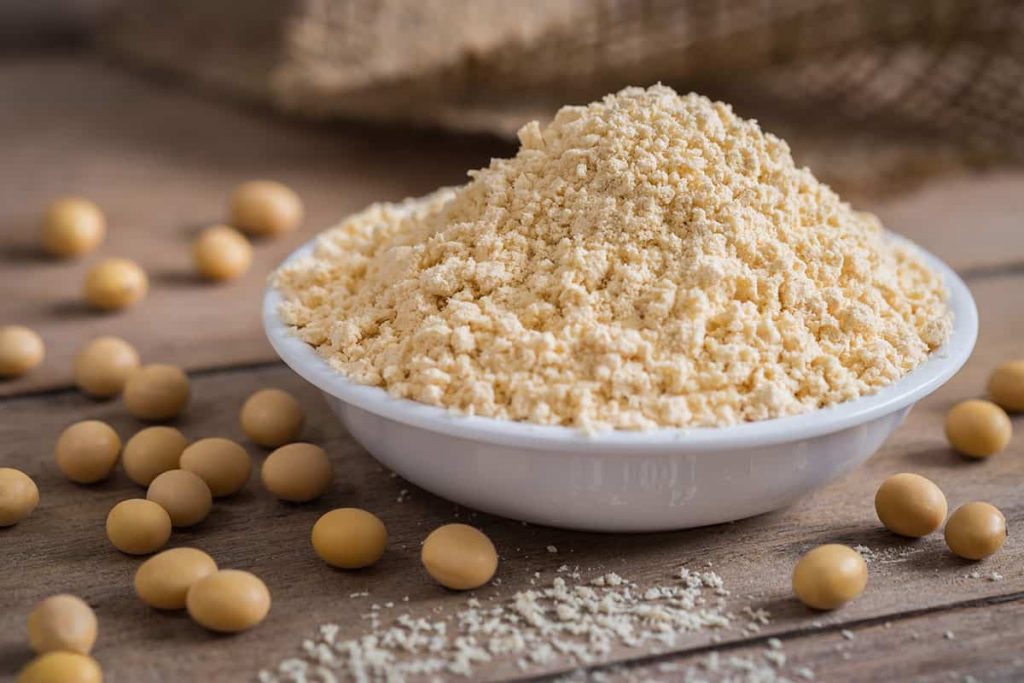
Soybean meal can be a good source of protein for horses but cannot serve as a horse’s entire feed ration. An equine nutritionist offers alternatives and additions to soybean meal in horses’ diets.
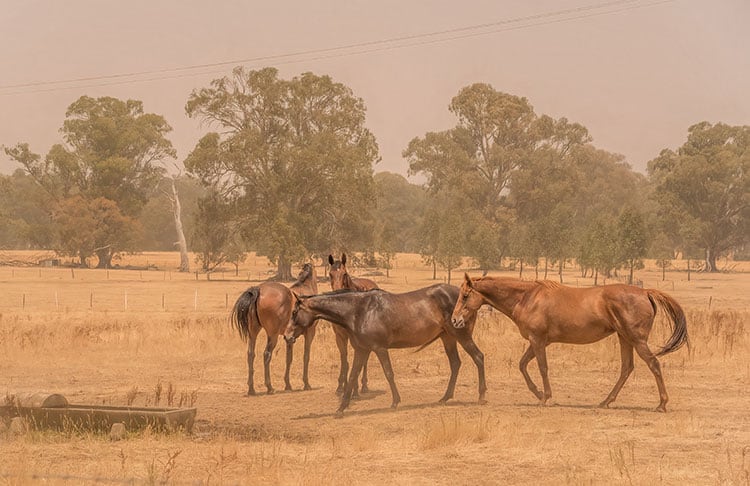
Smoky air makes breathing difficult and can exacerbate equine asthma. Learn how to support your horse’s respiratory health via nutrition and reduce airway irritants during fire season.

Choosing a diet that is low in starch and sugar can help reduce excess muscle glycogen storage in horses with PSSM.

One nutritionist discusses the unique dietary needs of mules.
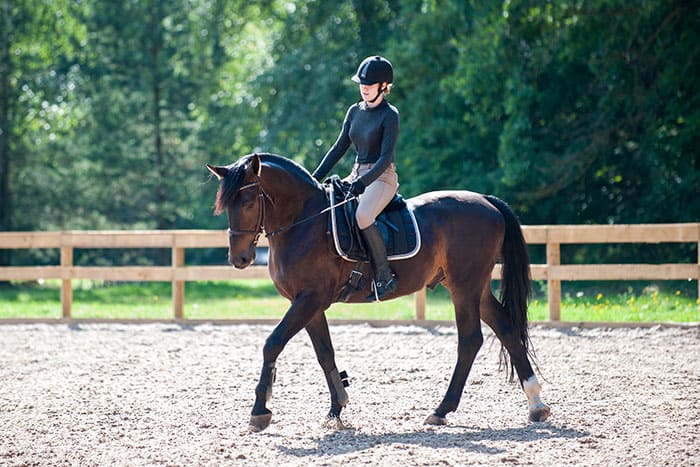
Be sure to support your horses’ changing nutritional needs as they start working harder in the warmer weather.

Horses might eat dirt due to nutrient deficiencies, among other causes.
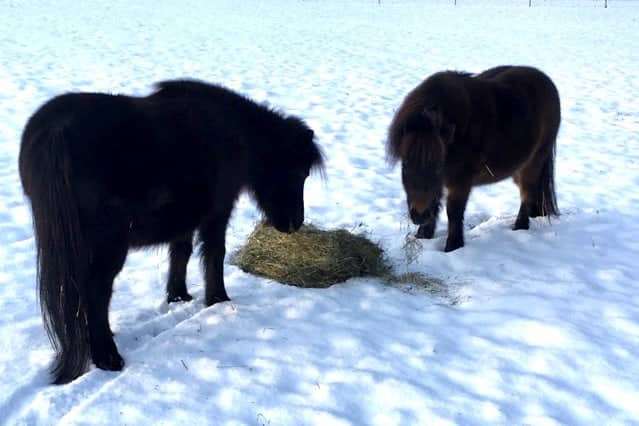
An equine nutritionist offers advice for determining Miniature Horses’ forage requirements.

Can an active PPID horse have pasture access and performance feed? Our equine nutrition expert offers advice on feeding a gelding with managed PPID.
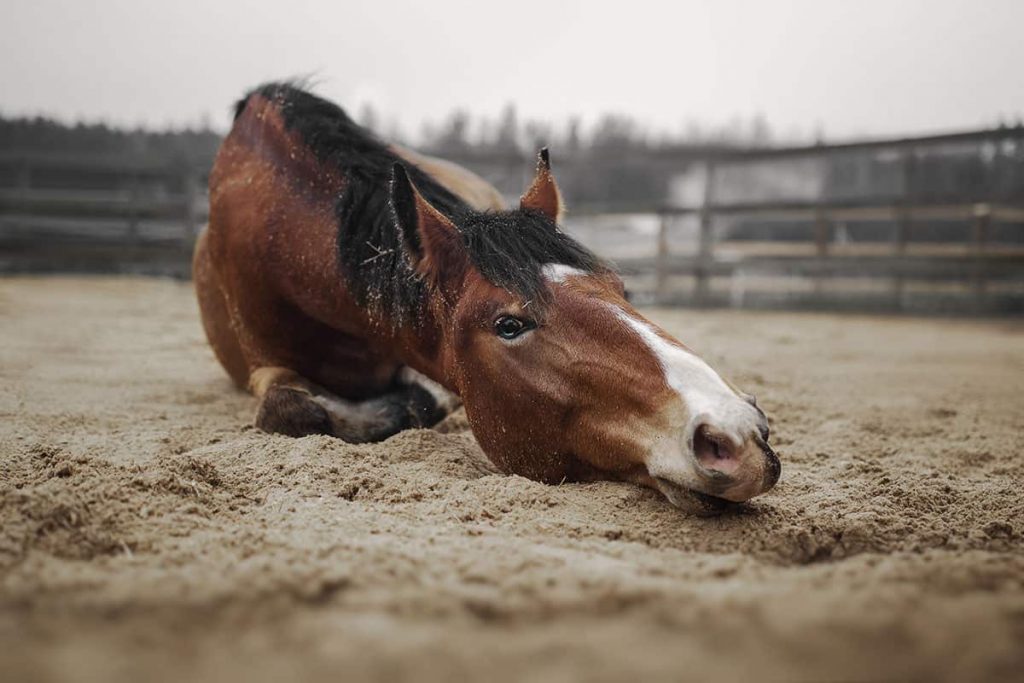
Here’s what you need to know about turnout location, fencing, footing, and enrichment for horses on smaller properties.

Steaming might be the more effective option for reducing allergens in hay.
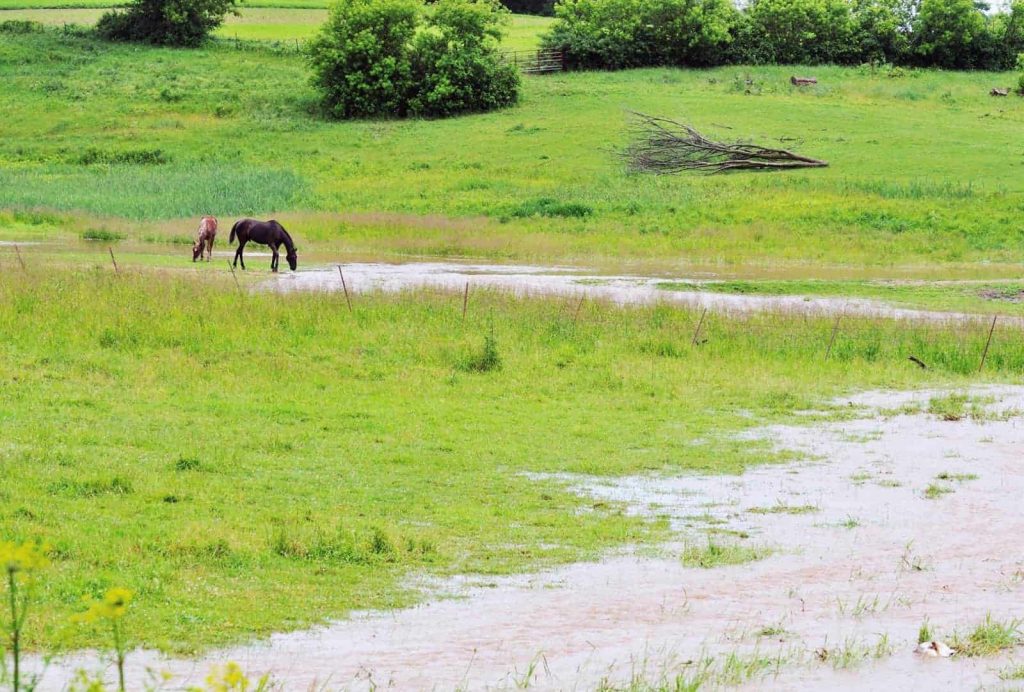
Improving drainage and diverting water runoff will help keep your horses and farm safe.

Recurrent airway obstruction is a medical condition, but feed changes might help your horse breathe better.

These practices will help minimize odors on your farm to keep you, your horses, and your neighbors healthy and happy.

An equine nutritionist’s advice on choosing treats for horses and ponies that might be prone to insulin dysregulation, obesity, or EMS.
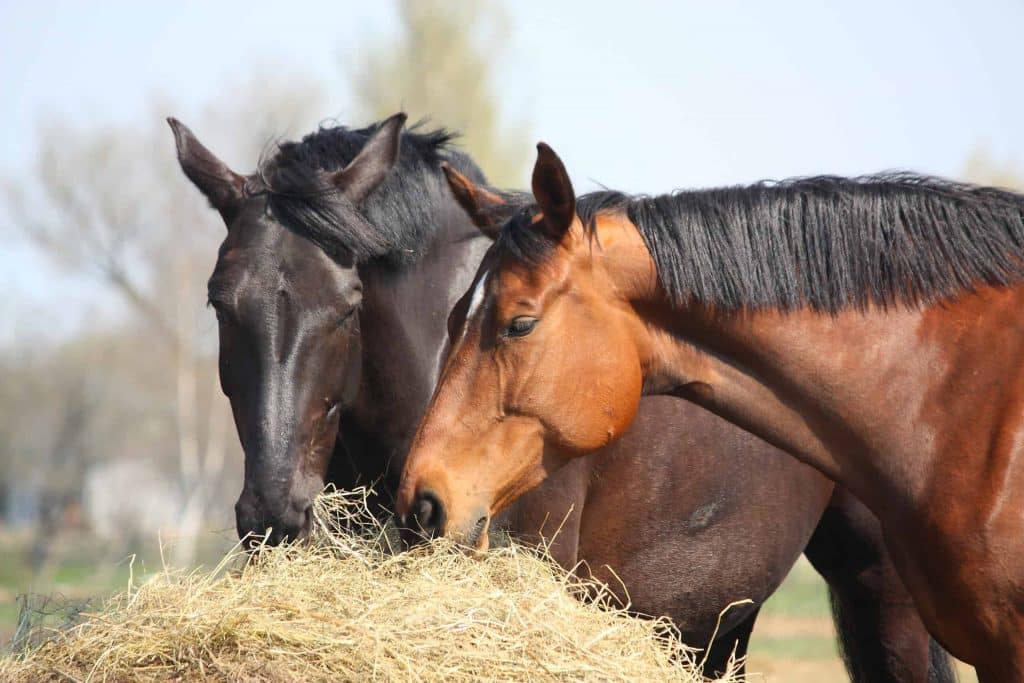
A nutritionist gives different reasons why two horses might not be consuming enough hay.
Stay on top of the most recent Horse Health news with
"*" indicates required fields